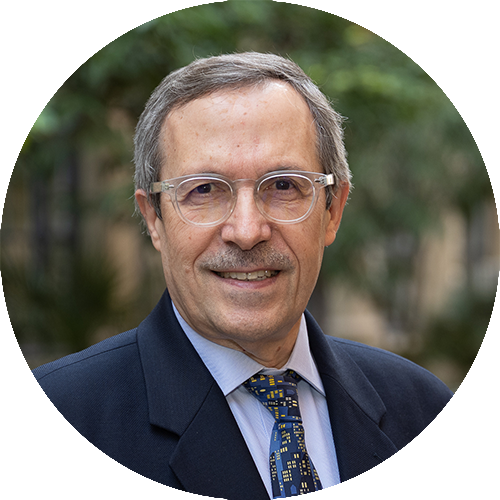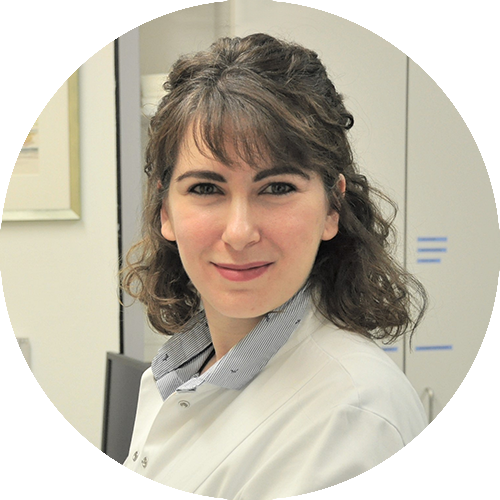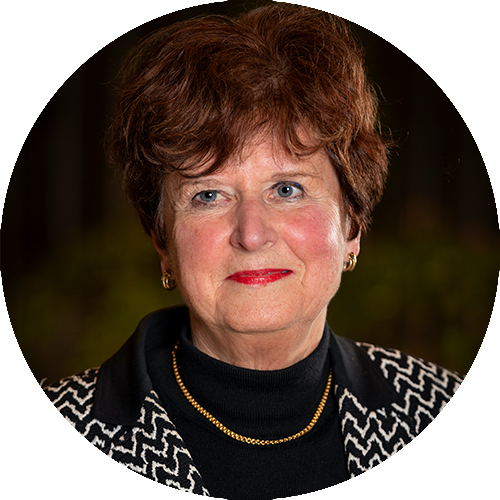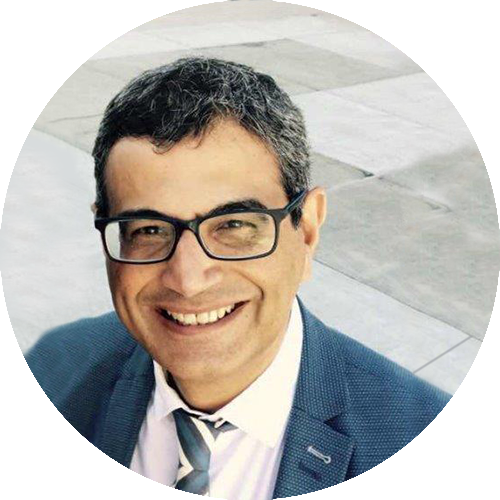"Why Neurology?"
"Why neurology? From a student to a professor."
It is your chance to ask questions and talk with Professors in a closed meeting.
Kindly note that participation is on first-come first-serve basis and is limited to up to 40 persons per session. One of the sessions is held on-site and the other one online, please indicate accordingly when registering.
The session is open to EAN Student members only.
Kindly note, that to be able to book this session, you must have concluded your Congress registration. In case of cancellation, please let us know in advance so that we can offer your spot to another member.
Not a member yet? EAN supports you throughout your professional life. Whether you are a student, resident, scientist, general neurologist or sub-specialty expert, there’s a membership package to match every career stage and meet your professional needs. Find out more about EAN membership packages.

Josep Dalmau
Dr. Josep Dalmau received his MD and PhD from the University Autònoma of Barcelona and trained in Neuro-oncology at Memorial Sloan-Kettering Cancer Center, New York, after which he joined the faculty. After 10 years and a short stay at the University of Arkansas for Medical Sciences, he moved to the University of Pennsylvania in 2002 as Professor of Neurology and director of the Laboratory for research on autoimmune and paraneoplastic disorders. He is currently Professor at the Catalan Institution for Research and Advanced Studies (ICREA)-IDIBAPS, University of Barcelona, and Adjunct Professor of Neurology at the University of Pennsylvania. Dr. Dalmau’s research is focused on paraneoplastic and autoimmune encephalitis, an expanding group of neurologic and psychiatric disorders, many of them discovered by his group. Dr. Dalmau is the recipient of numerous awards; he served as Chair of the Autoimmune Neurology Section of the American Academy of Neurology, is member of the National Academy of Medicine (USA) and many other scientific societies, and is the Editor-in-Chief of Neurology, Neuroimmunology and Neuroinflammation.

Alessandra Fanciulli
Dr. Fanciulli holds a Tenure Track Professorship in Autonomic Neuroscience and is the Deputy Director of the Dysautonomia Center at the Department of Neurology of the Medical University of Innsbruck. Her research focuses on syncope and autonomic failure in parkinsonian and other neurodegenerative disorders. She coordinates a FWF-funded consortium on medical decision making in multiple system atrophy, studies on pain in people living with multiple system atrophy and on post-COVID-19 cardiovascular autonomic disorders.
Dr. Fanciulli is the Co-Chair of the EAN Scientific Panel for Autonomic Nervous System Disorders, Secretary of the European Federation of Autonomic Societies and of the Austrian Autonomic Society. For the EAN, she coordinates the upcoming guidelines on the diagnosis and treatment of neurogenic urogenital dysfunction and on symptomatic treatment of atypical parkinsonian syndromes. In 2020, she received the Bilateral Scientific Cooperation Award of the Italian Ministry of Foreign Affairs. Most importantly, Alessandra is mum to three marvellous boys.
Monday, 03 July 2023, 10:30-11:00 CET
Onsite at MR 8
Moderator: Benedetta Storti

Marianne de Visser
Marianne de Visser is an adult neurologist at the Amsterdam University Medical Centre, location Academic Medical Centre in Amsterdam, The Netherlands and emeritus Professor of Neuromuscular Diseases. She was trained as a neurologist at the University Hospital of Amsterdam. In 1988 and 1989 she was a visiting scientist at Dr. Andrew Engel’s lab at Mayo Clinic, Rochester, Minnesota where she performed ultrastructural studies on skeletal muscle in dermatomyositis. She obtained a position at the Department of Neurology of the Academic Medical Center in Amsterdam and was appointed as Professor of Neuromuscular Diseases in 1993. Her research interests are rare neuromuscular disorders, e.g. hereditary neuropathies, ALS, and myositis. Her work on ALS kindled interest in palliative care. Marianne de Visser has been President of the Netherlands Society of Neurology, an elected Trustee of the World Federation of Neurology and more recently a co-opted Trustee. At EAN she joined the Executive Committee right from its inception and served as the Treasurer and subsequently as Secretary-General. She is now co-chair of the Coordinating Panel on Diversity, Inclusion and Equity and a member of the Management Group of the Coordinating Panel on Rare Neurological Disorders.

Kailash Bhatia
Kailash Bhatia is Professor of Clinical Neurology in the Department of Clinical and Movement Neuroscience at the Institute of Neurology, UCL, Queen Square. He obtained his medical degree and neurology degree from Bombay University India and obtained further training in neurogenetics and movement disorders with the late Professor’s Anita Harding and David Marsden. He is a Fellow of the Royal College of Physicians and corresponding Fellow of the American Academy of Neurology. His main research interest in movement disorders, merging clinical, electrophysiological, and genetic methods to study the pathophysiology of movement disorders conditions like dystonia, tremor Parkinson’s disease and atypical parkinsonian syndromes. He currently has over 815 peer reviewed publications, several book chapters and have edited 4 books. He has been an active member of the EAN as a delegate and full individual member and was the subcommittee chairman of movement disorders when the EAN was formed. He is Secretary- elect of the MDS-ES and co-chair of the Rare Neurological disorders coordinating panel of the EAN.